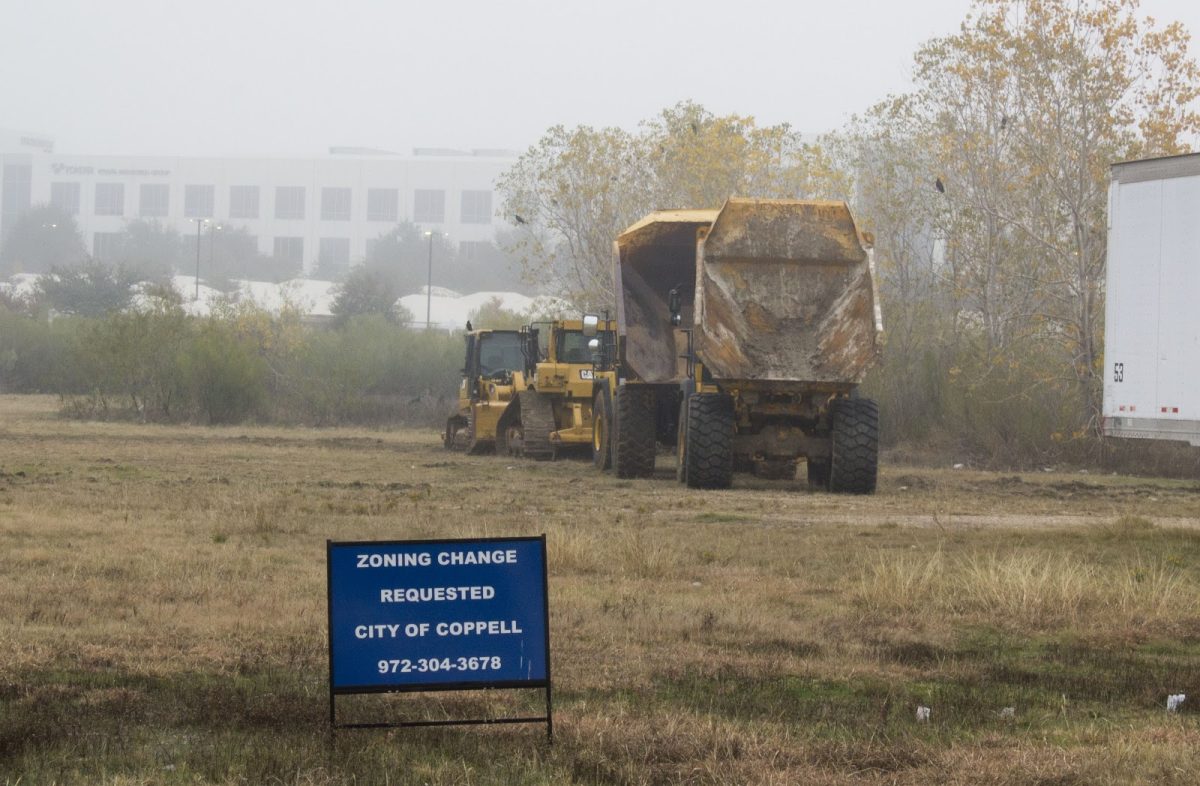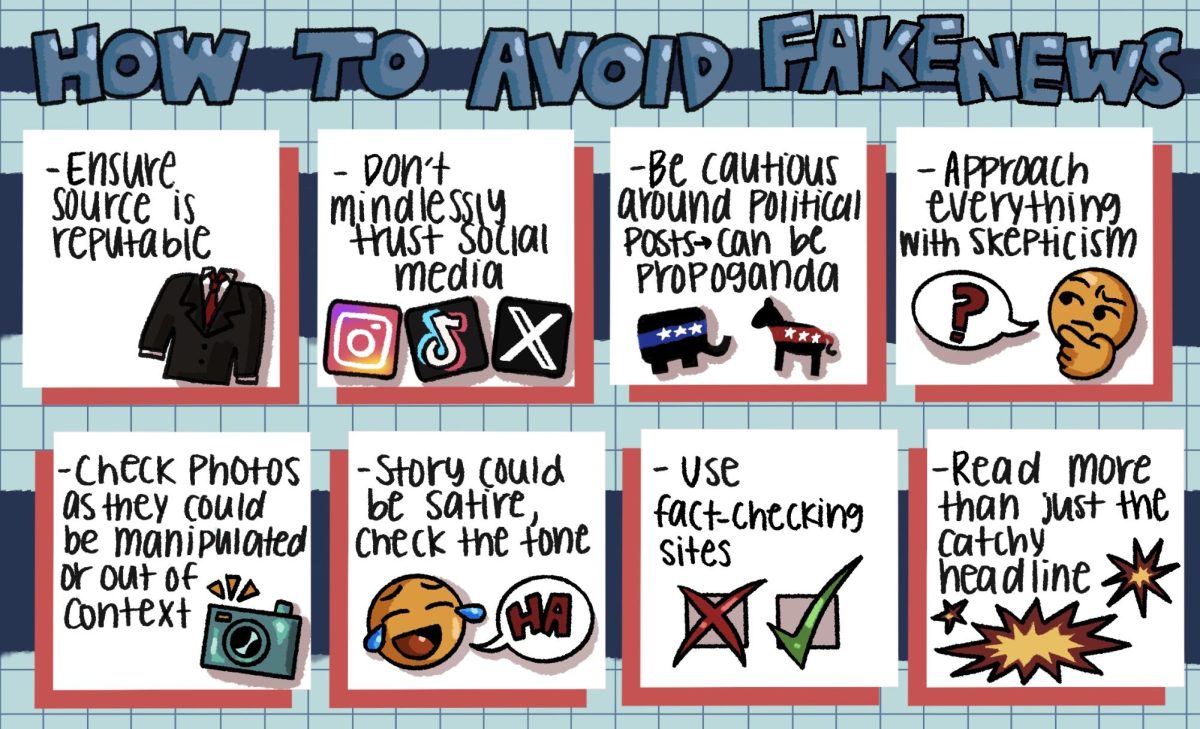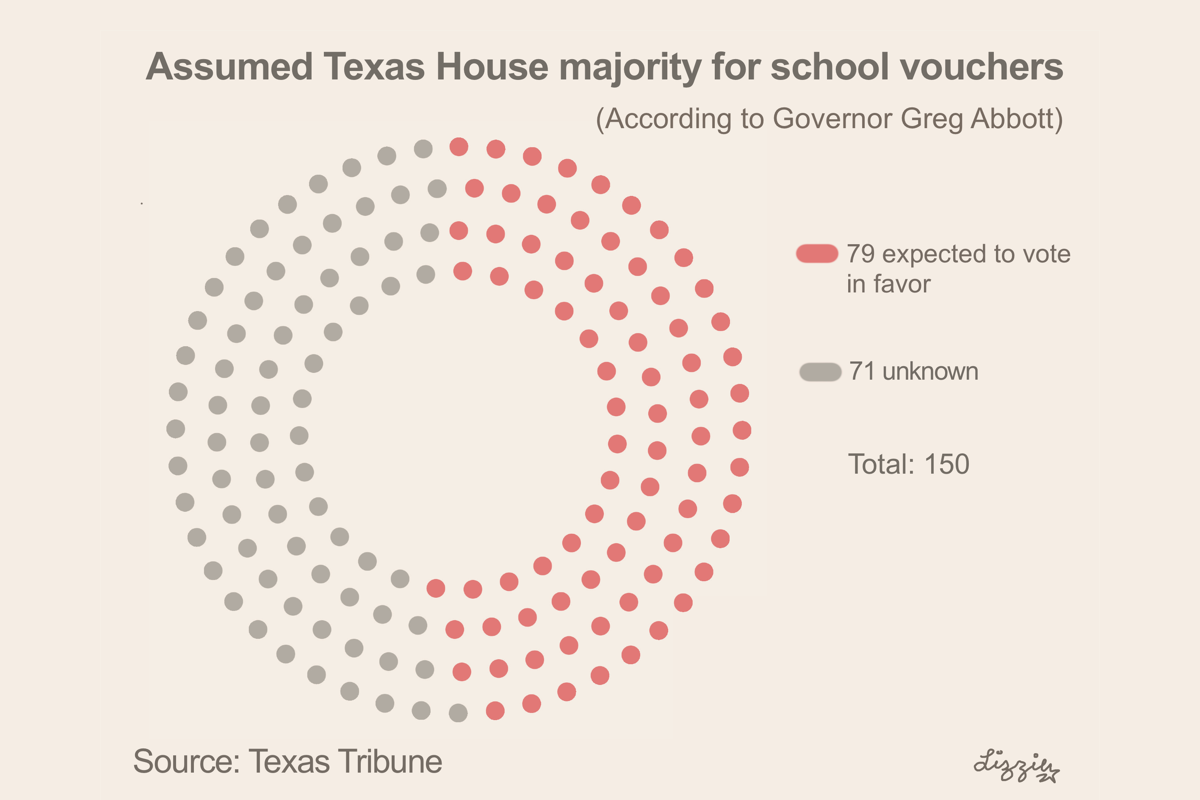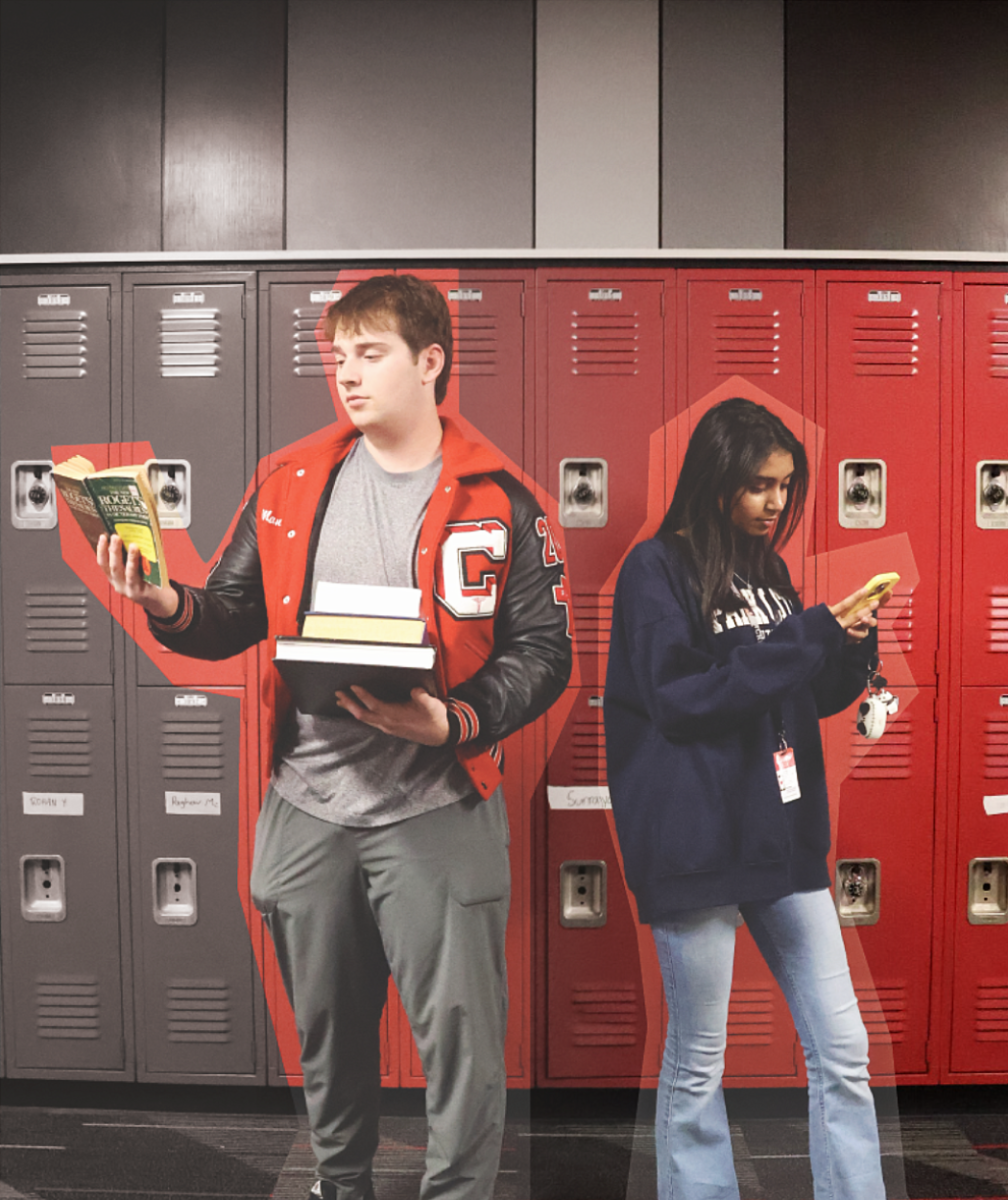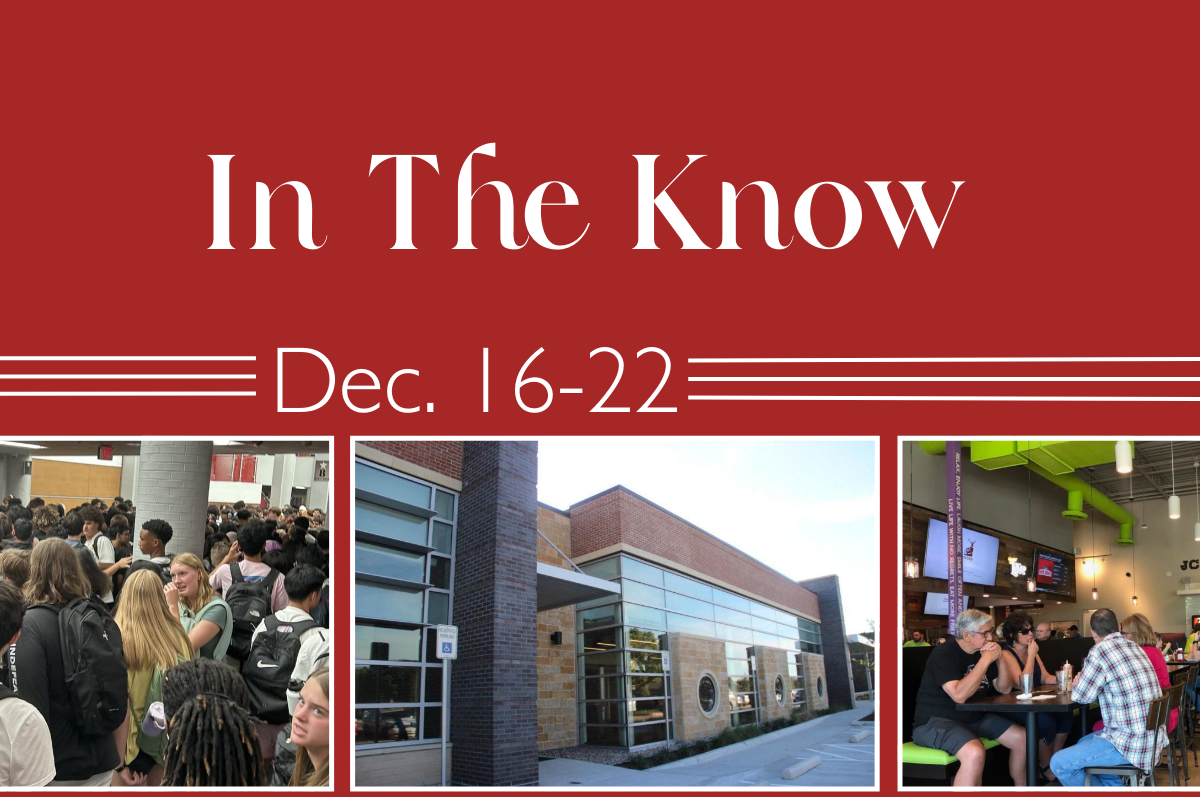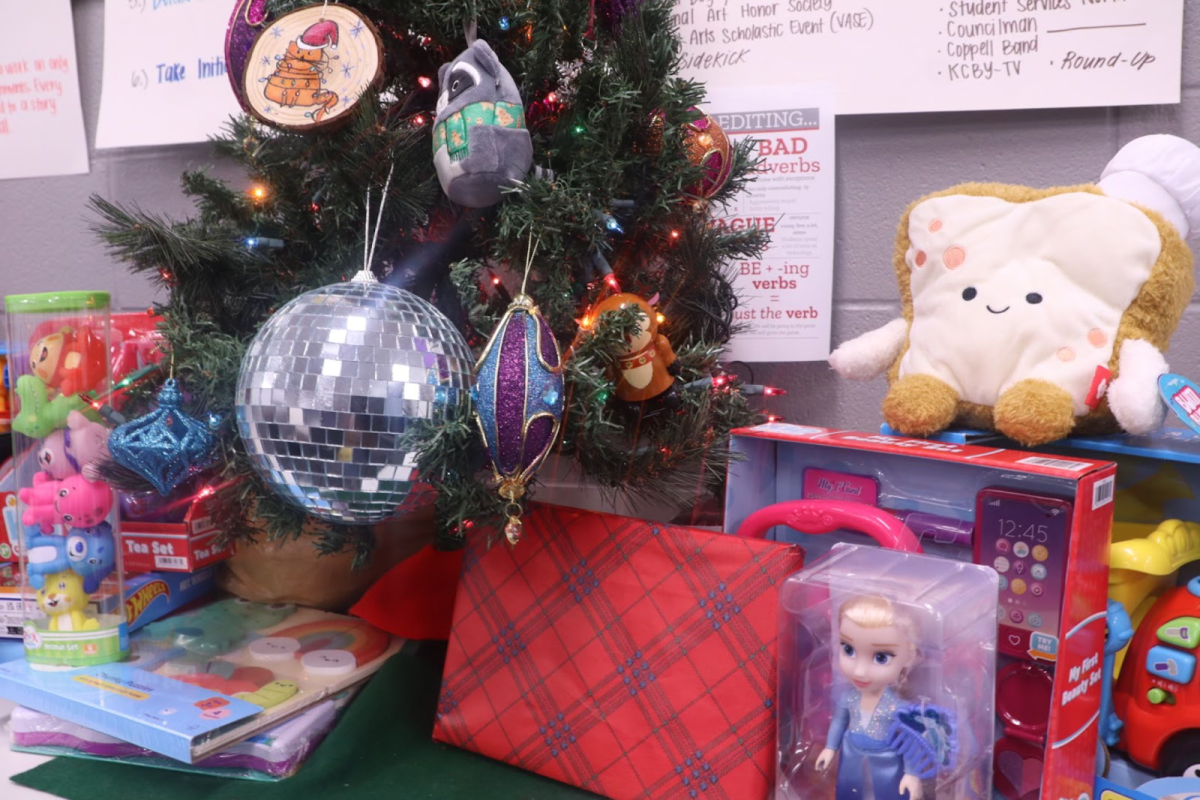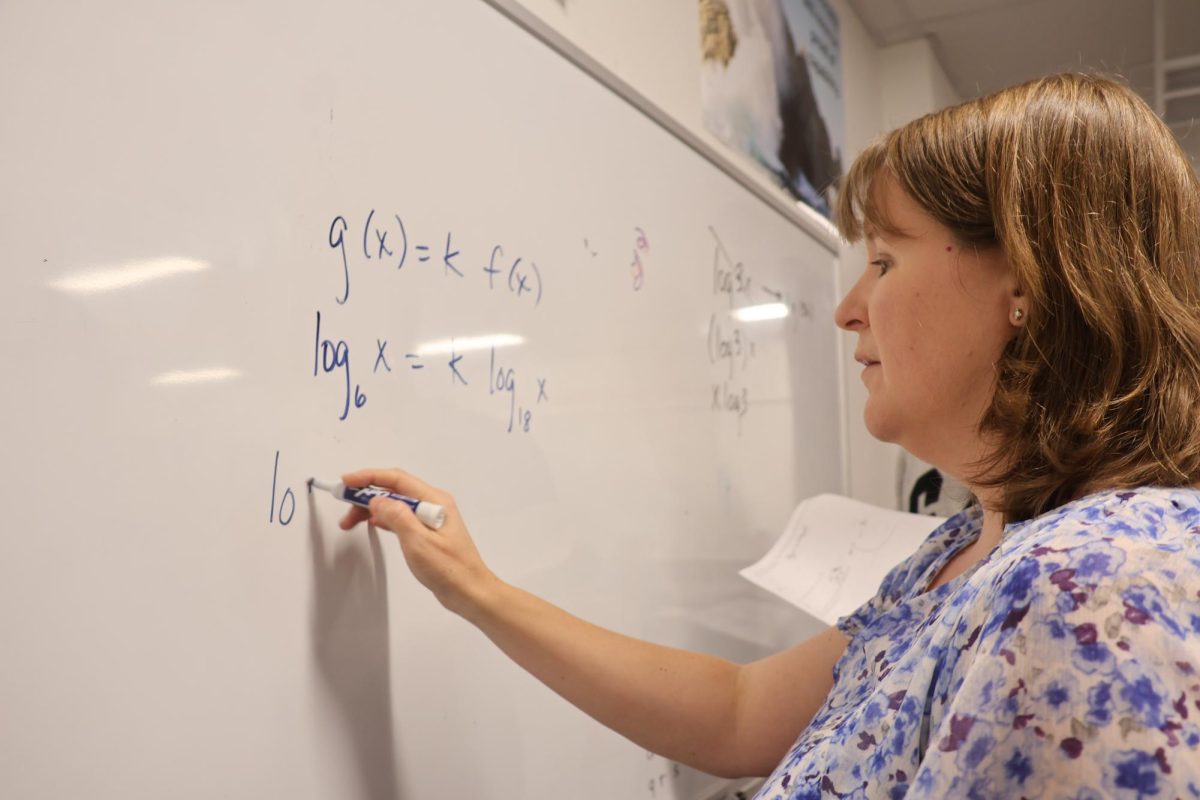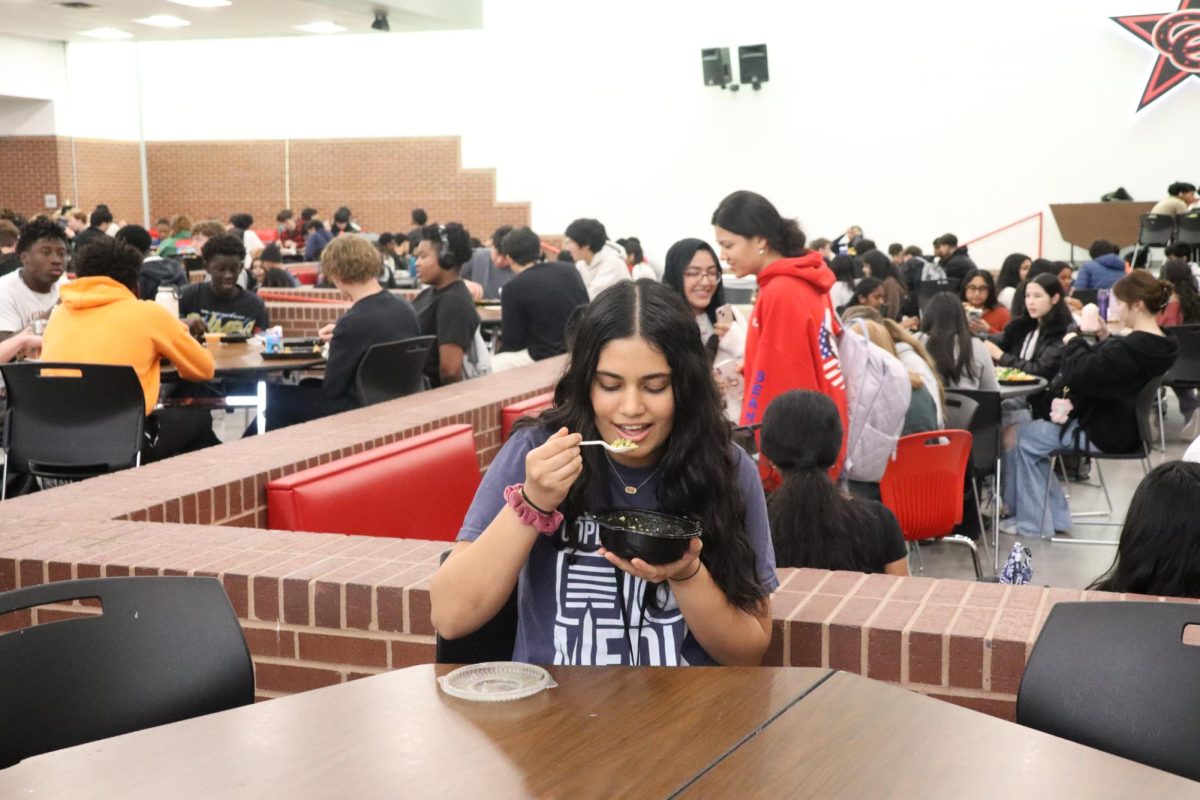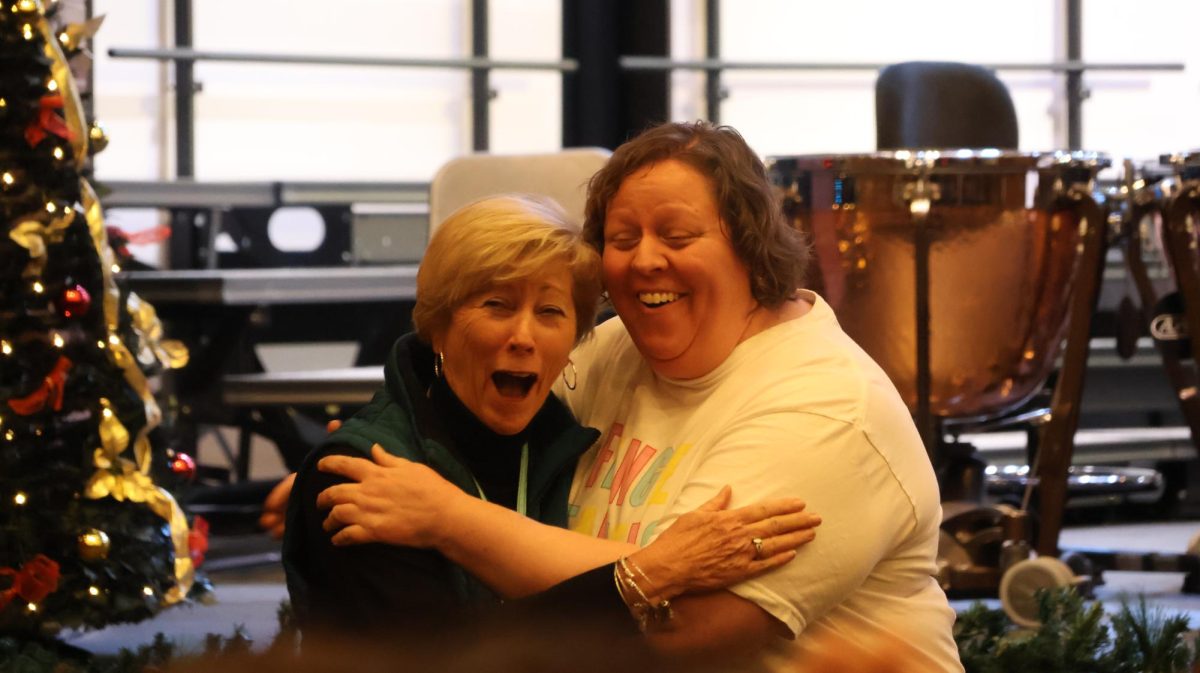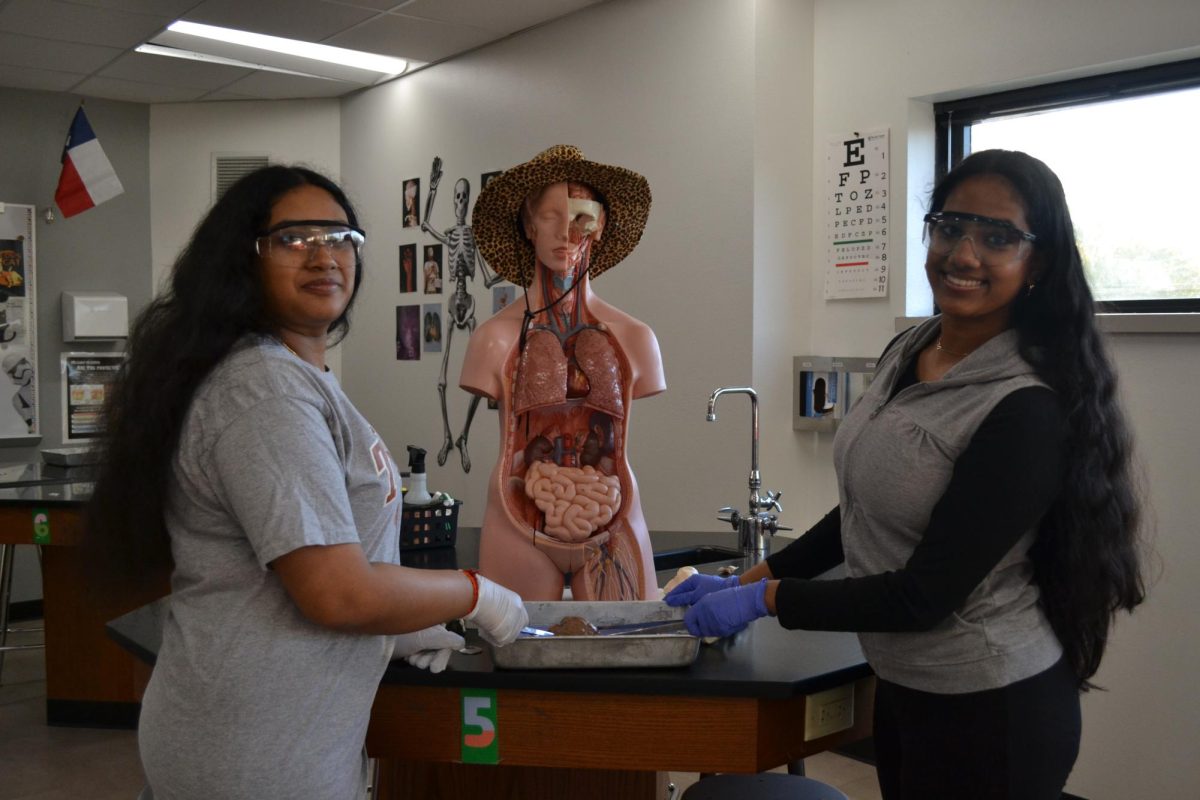By Mary Whitfill
Features Editor
AP Environmental Science (APES) classes are becoming ‘agents of change’ as they participate in the Siemens We Can Change the World Challenge. The challenge is a project-based sustainability competition for high school students encouraging the creation of solutions to community environmental problems.
Teams participating in the challenge must select an environmental topic relating to energy, biodiversity, land management, water conservation and cleanup, or climate.
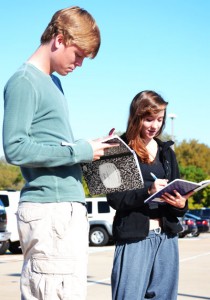
Groups consist of two to four students and the challenge is open until March 15.
“We are working on getting a recycling incentive passed in the city of Coppell to address the major littering problem present in our parks,” APES senior Avery Sauders said. “We hope to be able to reduce the number of plastic bottles that are found in the creek beds of Andy Brown Park.”
The project encourages high school students to take advantage of their ability to become active agents of environmental change. High school teams nationwide are participating in the project, and the goal is to create sustainable environmental improvements to be replicated in different communities.
“Its been part of my curriculum since I started teaching environmental science,” APES teacher Holly Anderson said. “I’m passionate about service learning and so I feel like in order for students to really understand the concepts they needs to get out and do stuff and work on things that are real. Then they know that when the time comes they can really make a difference.”
Judging criteria includes identification of sustainability, plan and design, data analysis, creativity and conclusion, and replication and expansion. Prizes included scholarships up to $50,000, video cameras and other multimedia packages.
“It’s a great way to contribute to the community but we also get the chance to win a big award and get scholarships,” APES junior Vignesh Krishamoorthy said. “I like that it’s required for class because it forces me to do something that will be good for college.”

Last year’s Texas winners were from Fort Worth Polytechnic High School. The team, Hydro Poly, developed an inexpensive, portable hydroelectric power generator to help third world countries. The team also wrote and designed a professional brochure to distribute information about the generator.
“For the last few years, I’ve had projects that I think had a fair chance of winning,” Anderson said. “One of the district initiatives is to have students participate in more science fairs and science competitions, so it worked in two ways. It gave students a new way to learn and it met the district initiative.”



